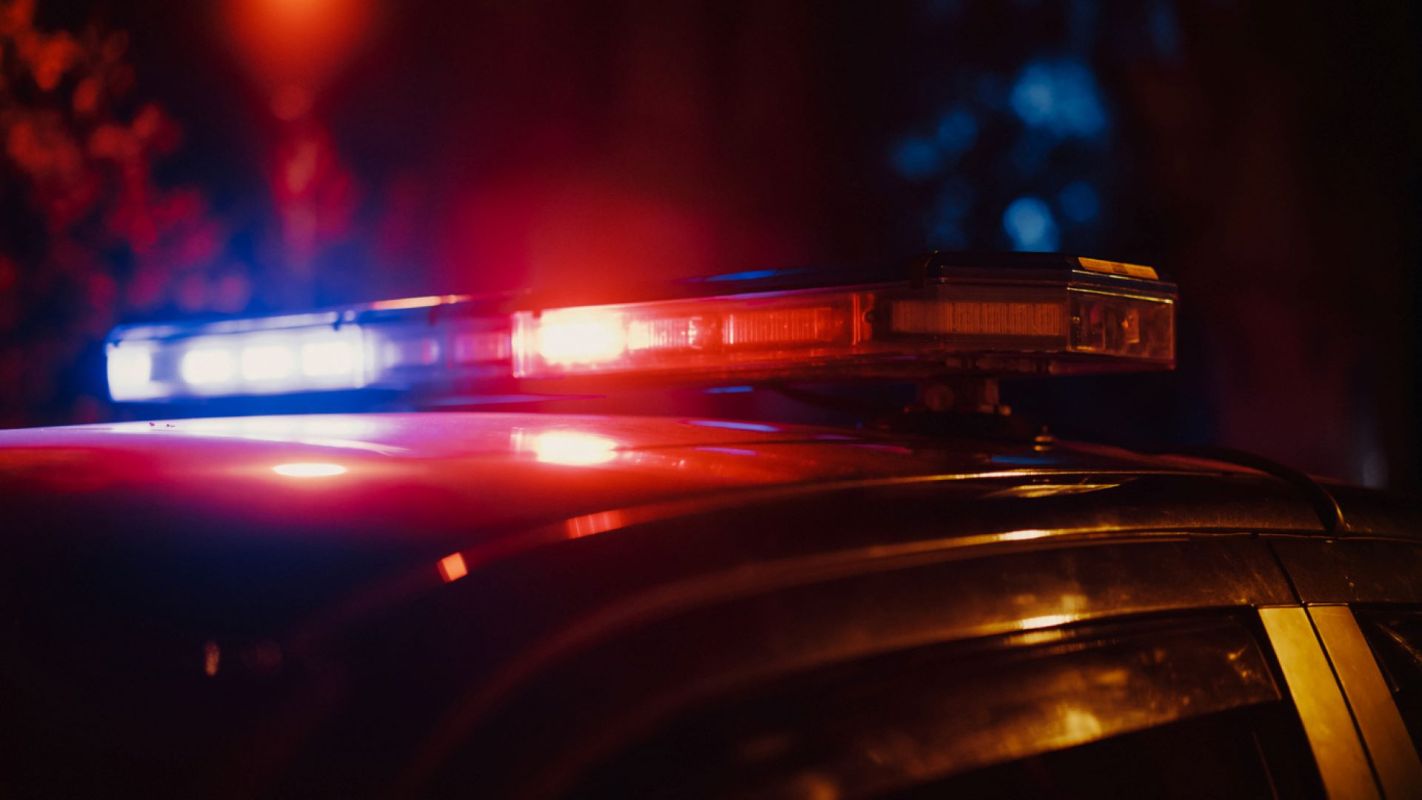A 2023 report is alleging that a major dirty energy company used its funds to influence policing habits in Minnesota during the replacement and expansion of Line 3, an oil pipeline that stretches from Canada to Wisconsin.
What happened?
Nonprofit online magazine Grist, in collaboration with the Center for Media and Democracy, published data last February showing that Canadian energy company Enbridge spent almost $6 million on police and sheriff's services, as well as emergency response, during the Line 3 project in Minnesota.
The state's public utilities commission, which gave approval for Line 3 in 2020, reportedly included an "unusual condition" in Enbridge's permit, making the company responsible for paying police amid the expected protests against the pipeline.
On June 7, 2021, the largest day of arrests of protestors, Enbridge paid more than $79,000 for policing, with takeout orders, motel rooms, gas, and riot gear among the expenses.
"Our concern is that this now will become the model for deployment nationwide against any community that is rising up against corporate abuse," said Mara Verheyden-Hilliard, the director at the Center for Protest Law and Litigation. "It becomes very easy to sell this to the public as a savings for taxpayers, when instead what they're doing is selling their police department to serve the pecuniary interests of a corporation."
Why is this important?
As detailed by CBS News, the pipeline snakes through land that Indigenous groups agreed to turn over to the United States in the 1800s under the stipulation they'd have the right to "hunt, fish, and gather wild rice," but protestors believe that treaty has been violated.
Line 3 has ruptured on multiple occasions — which is not out of the ordinary for a pipeline — sending polluting toxins into the environment that can harm both humans and wildlife.
The largest inland oil spill in U.S. history occurred from the line near Grand Rapids, Minnesota, in 1991, when more 1.7 million gallons of crude oil made its way into a tributary of the Mississippi River.
"Enbridge was very painful for me, you know, and my community. It was very painful and it is — it should be heartbreaking for all of us, what they have done to us and the fact that we still live under the imminent threat of oil in our water," Winona LaDuke, an Indigenous leader, told CBS News in May.
What can be done to help?
Some of the protestors who were arrested while protesting the pipeline opened claims arguing that Enbridge's deal prevented them from receiving due process and fair protection under the law.
In September, the Minnesota Reformer reported that the final charges related to Line 3 protests were dismissed, with Judge Leslie Metzen acknowledging that numerous promises made to Indigenous communities were never upheld.
The expanded pipeline has been in operation since 2021.
However, talking to loved ones about climate issues, getting involved in local planet-friendly efforts, and making your voice heard in the voting booth are all actions that may discourage similar deals to the reported Enbridge one from being implemented in the future.
Join our free newsletter for weekly updates on the coolest innovations improving our lives and saving our planet.









